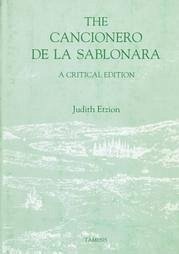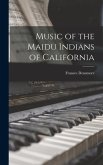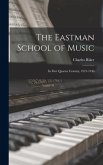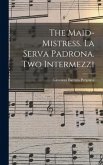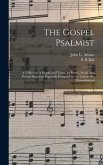The Cancionero de la Sablonara is a highly selective manuscript collection of seventy-five Spanish polyphonic art-songs, composed primarily at the Spanish court during the first quarter of the seventeenth century. Named after its scribe and compiler, Claudio del la Sablonara (chief copyist of the Spanish Royal Chapel), it was evidently compiled at the request of the Count of Bavaria, Wolfgang Wilhelm, during his visit to the Madrid Court (1624-25), and constitutes one of the relatively few extant relics of the court's prodigious musical repertoire. The majority of the songs, comprising genuine Spanish genres and set for two, three and four voices, were written by leading composers of the time, such as Capitan, Gabriel Diaz, Juan Blas de Castro, Alvaro de los Rios, Juan de Palomares and Joan Pujol. The high quality of the musical settings is matched by the poetry, with many texts by prominent literary figures of the Golden Age, including Lope de Vega, Luis de Gongora, Antonio Hurtado de Mendoza and Francisco de Quevedo. This critical edition offers a complete transcription of both the poetry and the music (the latter prepared with the aid of a grant from the Fundacion March). It also comprises concordances of musical and poetic sources and presents an introductory study on the historical, literary and musical aspects of the collection.

